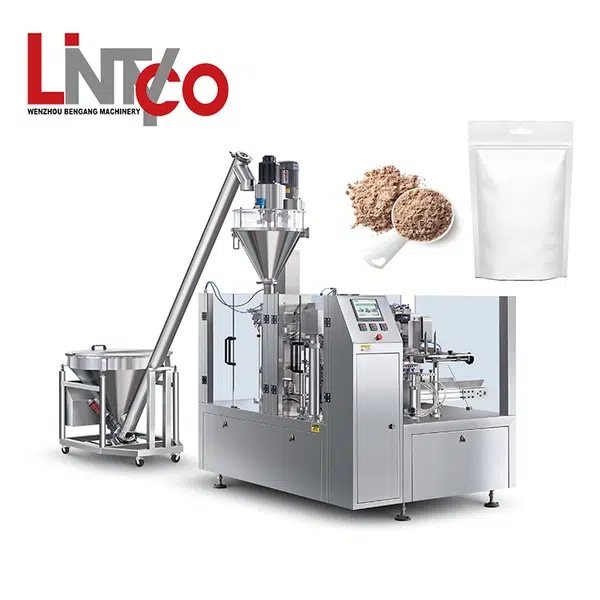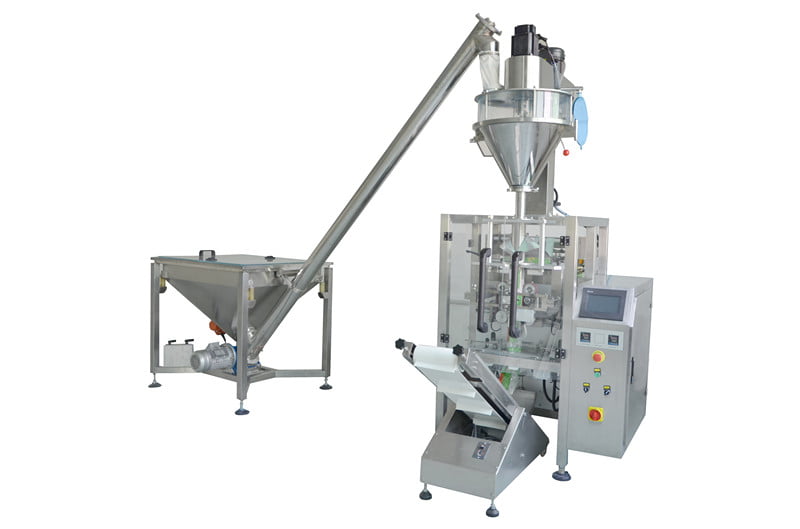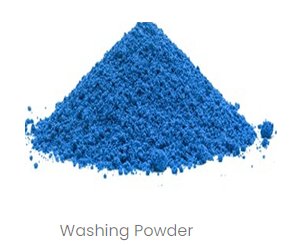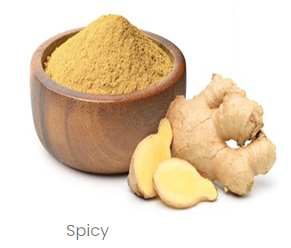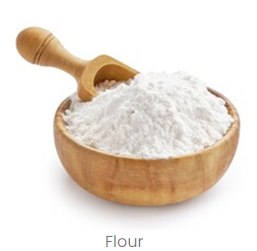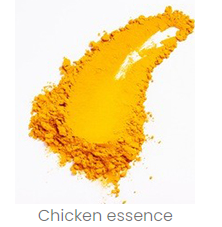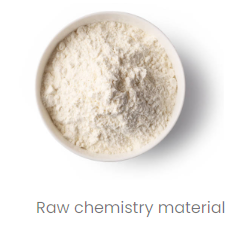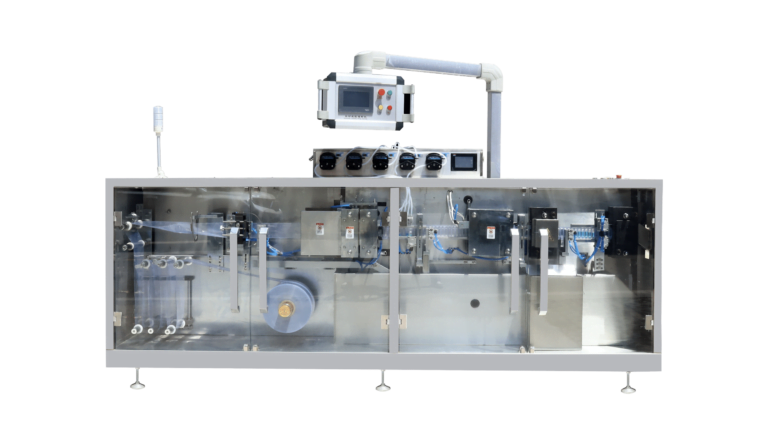Powder pouch filling packing machines are essential equipment used in various industries for efficiently and accurately filling powdered materials into bags or pouches. This ultimate FAQ guide covers everything you need to know about powder packing machines, including work process, their benefits, how to choose the right machine, maintenance tips, key features, and frequently asked questions.
What is a Powder Packing Machine?
A powder packing machine is equipment designed to automatically fill and seal powdered substances into bags, pouches or other containers. The two main types are:
- Auger fillers: Uses an auger or screw to transport powder and fill bags. High accuracy with different kinds of powder.
- Volumetric fillers: Uses rotating star wheels or sprockets to fill pre-made bags. Low to medium accuracy.
Each country has different needs for different powders:
| Machine Name | Most Popular Countries |
|---|---|
| chili powder packing machine | India, Mexico, Thailand |
| bleaching powder packing machine | China, India, Pakistan |
| masala powder packing machine | India, Bangladesh, Sri Lanka |
| powder spices packing machine | Vietnam, India, Philippines |
| coffee powder packing machine | Brazil, Colombia, India |
| sugar packing machine | Brazil, India, Thailand |
How Does a Powder Packing Machine Work?
The working principle depends on the specific type of machine. Auger and volumetric fillers drop powder into bags as they pass under the filling head, then filling into each bag. All systems use sealing mechanisms to securely close the bags after filling. Machines can handle a range of bag types, sizes and powdered materials with high efficiency and accuracy.
Industrial Applications of Powder Packing Machines
- Food industry: Used to efficiently fill powdered ingredients for products like bakery mixes, soups, spices, milk powder, flour, condiments, cocoa mixes, protein powders, etc. Important for maintaining product quality and consistency.
- Pharmaceuticals): Critical for precise filling of powdered drugs, supplements or drug components within strict accuracy and hygiene standards. Integrated monitoring and control systems ensure compliance.
- Chemicals): Enable high-volume filling of various powdered chemicals used in industries like agriculture, mining, paints and coatings, automotive, cosmetics, and more. Robust, heavy-duty machines required for industrial chemical packing.
- Other sectors: Powder packing machines also serve cement, fertilizer and other powder-focused industries. The type of machine and any special features required depend on the unique needs of each application. Proper safety mechanisms and hazmat handling certification may be needed for packing certain materials.
Benefits of Using a Powder Packing Machinery
The key benefits of powder packing machines include:
- Increased efficiency. Automated filling and sealing processes significantly increase production speeds over manual methods.
- Improved accuracy. Precise powder measuring and bag sealing reduces product loss and ensures consistency.
- Enhanced hygiene. Closed system limits operator contact with powder and risk of contamination.
- Cost savings. Although powder packing machines require an initial investment, they provide long-term savings through faster production, less waste and lower labor costs.
- Better quality. Tight process control leads to a consistent, high-quality finished product.
Choosing the Right Powder Packing Machine for Your Needs
There are several factors to consider when selecting a powder packing machine:
- Product type. Show us your powder photo and related video/photos for reference. Easy fly when filling or not. Powder mix granule or not. Tell us your requirements.
- Bag type. Consider the types of bags. For example: PE bag, flat bag, back sealing bag, gusset bag, stand up gusset bag,8 sealing gusset bag, stand up bag, stand up zipper bag, Doypack pouch, zipper doypack pouch, special shape bags….
- Production capacity. Determine your hourly or daily production targets to select a machine with suitable filling speeds and throughput.
- Budget. Powder packing machines vary in cost depending on the type of machine, level of automation, and additional features. Set a budget to guide your choice.
- Industry requirements. For industries like food processing or pharmaceuticals, machines may need to meet certain sanitary or accuracy certifications. Choose a compliant machine for your industry.
- Maintenance and troubleshooting. Consider a machine that is easy to maintain and any technical support available from the vendor to help with troubleshooting or repairs.
- Key features. Look for essential features like accuracy, speed, easy cleaning, flexibility to handle different bag/pouch sizes, and any needed customization options. Extra features may include bag openers/sealers, printers, and conveyors.
Common Challenges and Solutions in Powder Packing
Some potential issues in powder packing and ways to address them include:
- Dust control. Extra ventilation, dust collection systems and localized exhaust ventilation can help minimize powder in the air. Wear appropriate PPE like respirators.
- Material flow problems. Use a machine suited to your powder density. Install equipment like a pre-compression box, hopper agitator or hopper vibrator. Modify product or environment temperature and humidity levels.
- Sealing issues. Ensure seal jaws or band sealers are clean and undamaged. Optimize seal temperature, pressure and dwell time. Consider a different packaging material or sealing method.
- Frequent clogs or leaks. Adjust augers, seals, hoppers or other machine parts to prevent buildup or spillage. Choose a machine type suited to your powder’s flow properties. Perform preventive maintenance to identify worn or defective components before issues arise.
- Inconsistent filling. Double checkgravimetric or volumetric settings to verify proper calibration. Make any necessary adjustments to level loading equipment or mounting of filling spouts. Improve operator training or consider an automated filling system.
- Other considerations. Precise powder flow rate control, static elimination, and routine inspections of moving parts and anywhere powder passes through the system. Take appropriate measures to ensure a smooth powder packing operation.
Maintenance and Care Tips
To keep powder packing machines in good working condition, follow these guidelines:
- Perform routine inspections of seals, spouts, augers, motors and all moving parts for any needed replacements or repairs. Fix any worn or damaged components immediately to prevent complications.
- Disassemble and thoroughly clean all parts that come into contact with powder after each production batch or according to a set schedule. Sanitize parts for food or pharmaceutical applications.
- Lubricate seals, bearings, chains and other moving parts as recommended by the machine manufacturer to minimize friction and wear.
- Review control panels, load cells, sensors and other electronics to verify proper connections and calibration. Recalibrate or replace components if needed.
- Conduct test runs with empty bags or pouches to ensure the machine is functioning properly after reassembly post-cleaning or repair. Make any final adjustments required before resuming full production.
- Keep records of all maintenance, repairs, calibrations and other service for quality control purposes and to help identify areas for improvement or needed upgrades to the system.
- Follow general good manufacturing procedures like controlling access to machines, providing adequate operator training, and implementing a written maintenance plan or schedule based on the type and usage of your specific powder packing equipment.
Future Trends in Powder Packing Technology
Some emerging trends in powder packing machines and systems include:
- Increased automation. More automated features for filling, sealing, bag handling and changeover aim to minimize human intervention and improve efficiency. Automated systems also enhance accuracy and compliance with standards.
- Integrated monitoring. Advanced sensors, measurement devices and software provide real-time monitoring of powder flow rates, fill weights, seal integrity, machine performance and other metrics to ensure optimal productivity and catch any deviations quickly.
- Artificial intelligence. AI and machine learning are enabling predictive maintenance, dynamic adjustment of machine settings for different powder types or particulate sizes, visual inspection systems, and advanced diagnostics or troubleshooting recommendations to minimize complications and downtime.
- Sustainable and smart designs. Machines are incorporating more energy-efficient and eco-friendly components as well as connectivity for remote monitoring and servicing. Newer designs optimize powder flow physics and require fewer change parts, reducing costs and environmental impact.
- [Flexibility and customization](Recent trends and future of pharmaceutical packaging technology – PMC (nih.gov)). As industry needs evolve, powder packing machines are adapting to handle a wider range of bag/pouch sizes, powder types, production volumes, and other specifications. Custom configurations ensure maximum efficiency for any application. Modular and reconfigurable machines allow for quick changes to meet new product needs.
- Safety and compliance. Enhanced safety mechanisms and built-in compliance with current standards for industries like food or pharmaceuticals minimize risks related to machine operation and product quality. Upgrades aim for a “fail-safe” approach to identify any issues that could impact safety or regulatory conformance.
Frequently Asked Questions
Here are some of the most common questions about powder packing machines:
- How do I choose the right machine for my product? Consider the factors listed) above, including product type, production needs, industry standards, and available features. Consult an expert )powder packing equipment vendor for guidance.
- How much does a powder packing machine cost? Costs range from $6000 to $500,00 or more for fully automated, high-capacity systems, depending on the type and size of machine. Price is affected by options chosen and additional equipment like conveyors.
- What kinds of packaging can I use? This depends on your machine. Most can fill paper, polypropylene or polyethylene bags, pouches, tubs or trays. Some can fill pre-made bags, while others form and seal bags from roll stock or individual bags. Check with manufacturers for recommended packaging types.
- How do I ensure product quality? Select a powder packing machine designed specifically for your product type. Perform regular maintenance and sanitation to prevent machine issues that impact quality. Conduct periodic audits to verify net weights, seal integrity, and other metrics meet your standards.You can download machine ROI calculator)
- What safety precautions should I be aware of? Include proper guarding of moving parts, grounding, and dust explosion prevention methods. Train operators on safe usage and emergency stop procedures. Follow all recommended maintenance, cleaning, and troubleshooting steps recommended by the machine vendor to avoid malfunctions or environments that can lead to injury.
Conclusion
Powder packing machines provide an efficient, accurate and cost-effective method for filling and sealing powdered materials into bags and pouches. This FAQ guide covers the key information you need to determine if a powder packing machine is right for your application and how to select the appropriate machine for your production needs. Please contact a powder packing equipment expert for additional advice or options for your operation.
Lintyco is a pioneer and leader in automated powder packing machines and end-to-end packaging systems. Lintyco’s innovative packaging solutions for food, pharma, and other applications are complemented by advanced solutions for secondary packaging, wrapping & cartoning, bulk packaging, and more. Whether you are looking for a new machine or a complete line, or if you just want to upgrade your current packaging machine, talk to Lintyco. As experts of the industry with over three decades of proven expertise, Lintyco will provide the optimal solution backed by excellent consultancy and support.

